What is a mentor?
Nancy Redfern and Martin Trotter dive into the RCSEd’s offering for mentors and mentees

The first mentor was the ancient Greek goddess Athena who, in Homer’s Odyssey, guided and advised Odysseus’s son. As professionals in surgery and dentistry, many of us can think of ‘mentors’ who guided and supported us through our training and beyond.
But what is a mentor? A mentor influences the personal and professional growth of a mentee. They do not need to be from the same specialty as those they mentor, nor do they need to be more senior than their mentee. In the book Coaching and Mentoring at Work1, Mary Connor and Julia Pokora say: “Being a coach or mentor is very different from the expert helper role... a lot more difficult, and a lot more effective.”
While there can be overlap between mentoring and the more traditional concepts of supervision, patronage, career advice delivery and role modelling, mentoring is a separate, distinct entity, which can serve to complement, and enhance, supervisory roles. Formal mentoring is recommended by the GMC in Good Medical Practice and, as of August 2024, the GMC provides a ‘mentoring toolkit’ for professional organisations2.
The Egan’s Skilled Helper model3 is widely used as a framework for a mentoring conversation, with three overarching points to be explored: what’s going on? What do you want? How to achieve this? This may appear complex at first, but it’s a reliable framework for effective exploration of an issue. Deployed by a skilled mentor using active listening, summarising and widening of perspectives, it is quite an art form. Of course, not everyone can (or would want to) achieve art form-level mentoring. Mentors must have a genuine interest in mentoring and must adhere to a professional code of respect, empathy, genuineness and confidentiality to their mentee. Voluntary, informed mentees are also an important part of this process.
Effective mentoring provides a psychologically safe, confidential space to discuss an opportunity or dilemma. It is not only for use in times of crisis – mentoring is a powerful tool for all colleagues, including those at the top of their game, for whom it can be used to discuss and navigate new professional opportunities throughout their entire career. The RCSEd mentoring scheme has been developed to support the professional development of its members, with this ethos in mind.
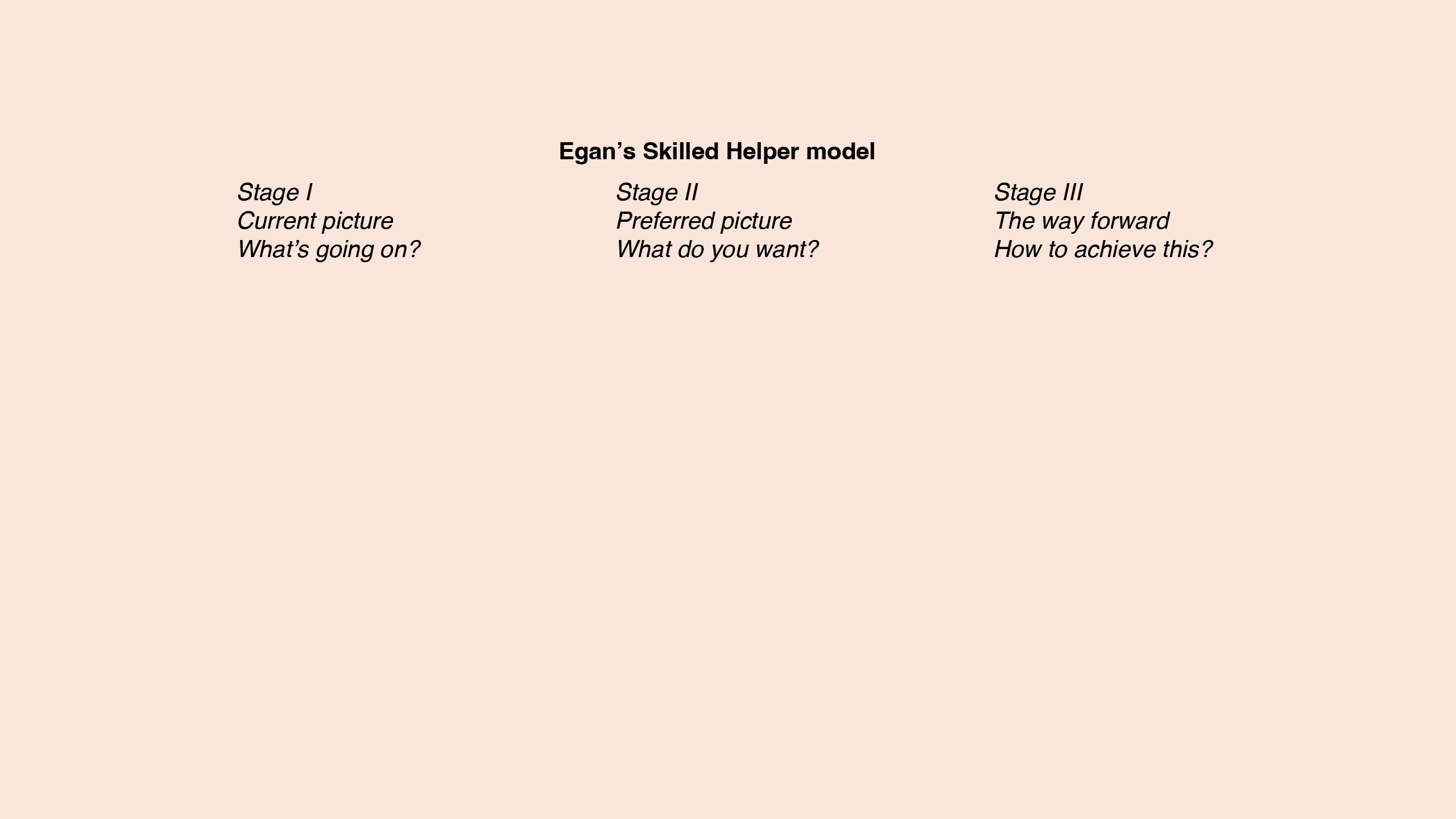
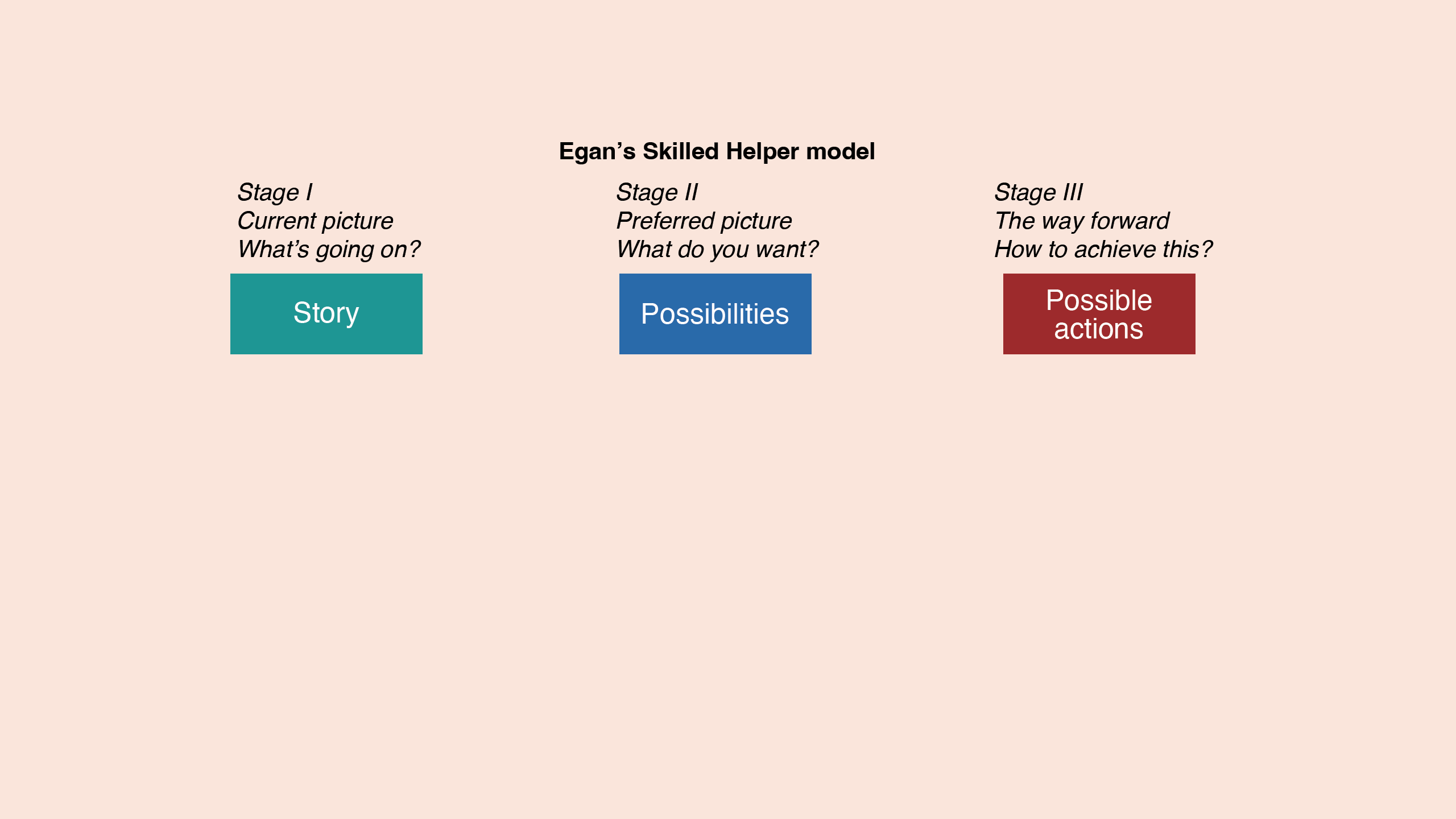
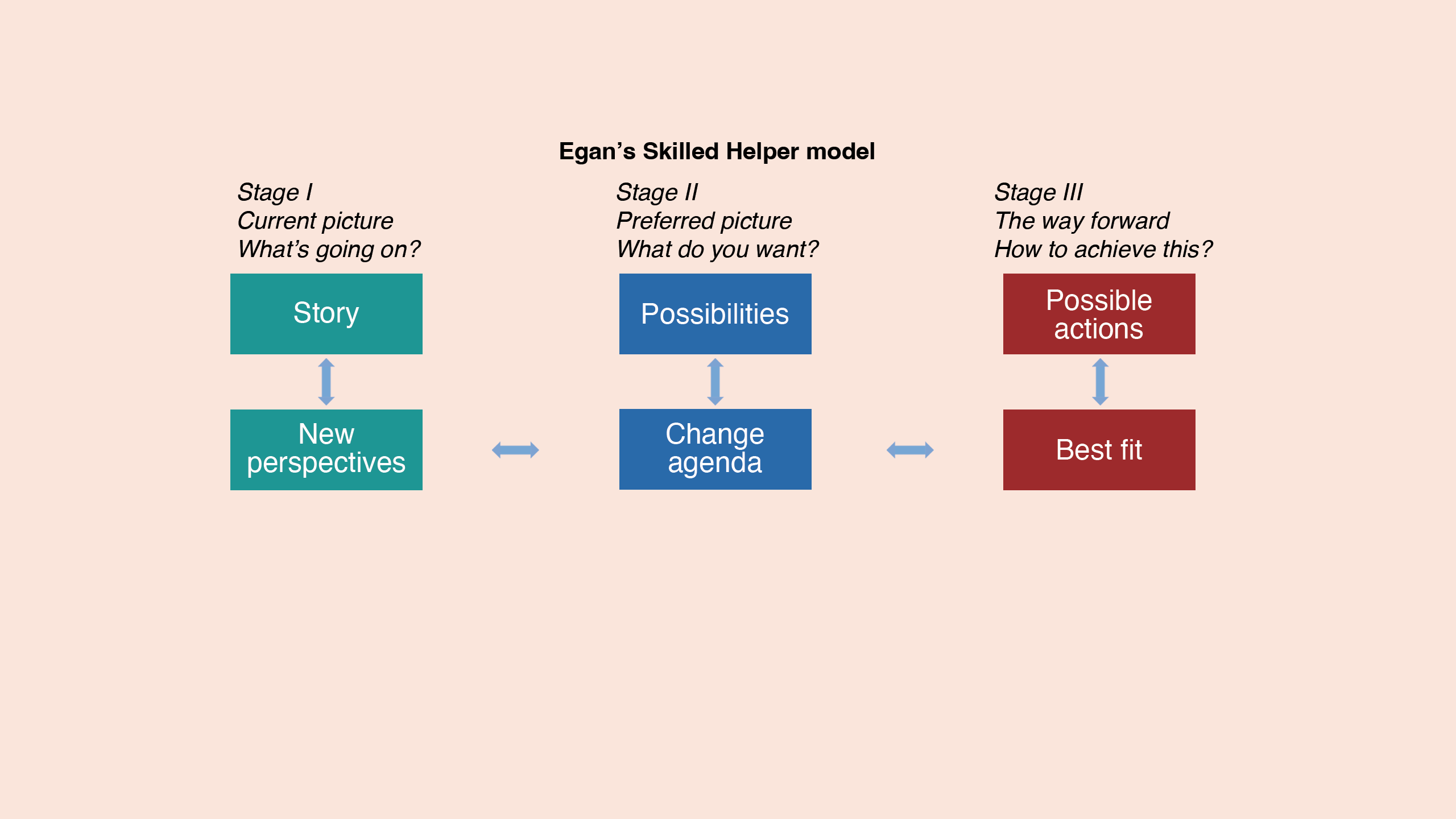
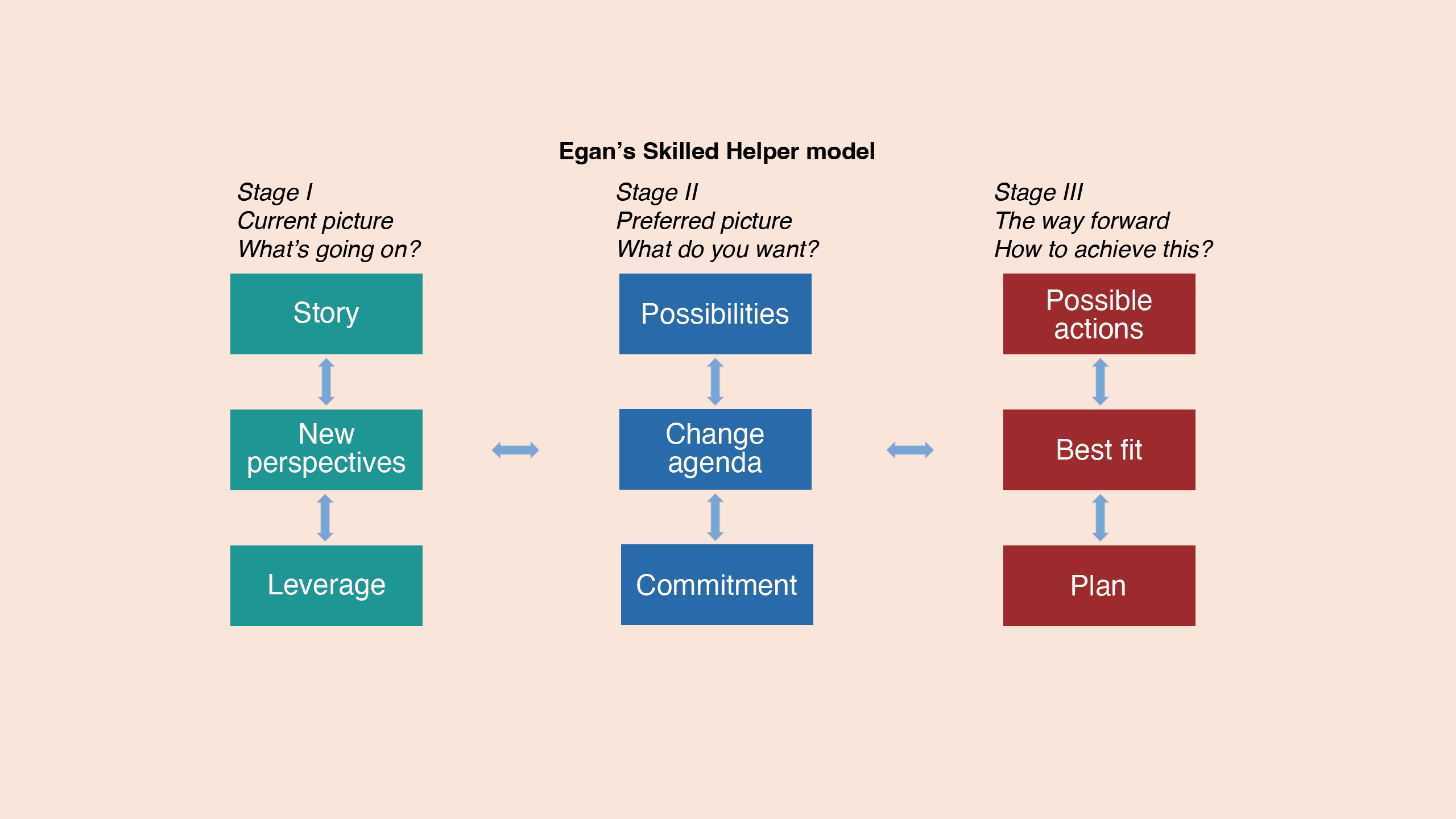
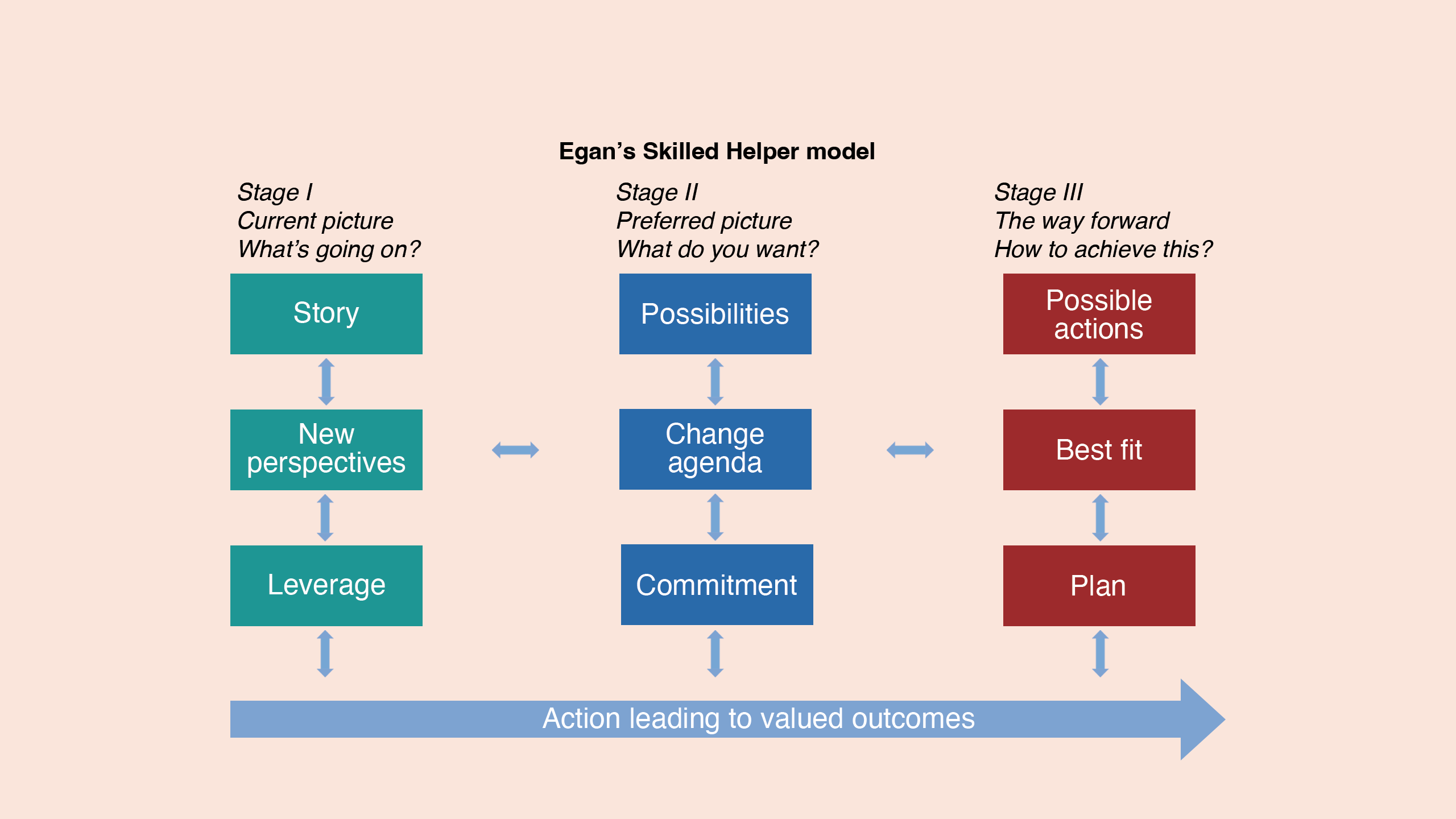
THE RCSED SURGICAL MENTORING SCHEME
The Royal College of Surgeons of Edinburgh’s Surgical Mentoring Scheme aims to connect surgical trainees seeking mentorship with a diverse group of trained surgical mentors from across the UK. It is designed to help surgical trainees unravel their potential and support their professional development.
MENTORING PLATFORM
Our new mentoring platform supports the scheme, making it easy for mentees to find, connect and communicate with mentors. Once mentees register and create their profiles, they can search for mentors who align with their specific needs. Mentees can ask potential mentors questions before sending them a mentoring request. Mentors can choose to accept or decline requests from mentees and can switch their availability for mentoring on and off.
The platform supports mentees and mentors through every step of their mentoring journey and is packed with videos, written guidance and useful checklists to ensure robust governance of the scheme. Features include tools for scheduling meetings, setting agendas, recording notes and defining goals. It also offers a built-in video chat tool allowing virtual meetings to be conducted directly within the platform.
HOW CAN I JOIN THE SCHEME?
The scheme is due to launch in late 2024, with information about the scheme available at www.rcsed.ac. uk/mentoring. To participate as a mentee when the scheme launches, you must be an RCSEd Surgical Member, currently in surgical training and working in the UK. Mentee places are limited and allocated on a first-come, first-served basis. As the scheme grows, it is likely that eligibility will expand, enabling a wider range of RCSEd Members and Fellows to benefit.
Those acting as mentors must be RCSEd Surgical Fellows or Members, holding positions as Consultant Surgeons or SAS Doctors in the UK. Successful completion of of the RCSEd Mentor Development Programme (www.rcsed.ac.uk/ events-courses/rcsed-mentor- development-programme) is a prerequisite to become a mentor for the RCSEd scheme. Our mentor development programmes run twice a year and are advertised via RCSEd communications and website.
WORDS OF WISDOM FROM A MENTORING EXPERT
Nancy Redfern
We all remember conversations with people who have broadened our horizons or changed our approach. Often these happen at times of transition, or when we face a new situation. Surgery has a long tradition of using established consultants to guide and impart wisdom to less experienced colleagues and trainees, using a patronage model.
Nowadays, mentoring is becoming more popular. In this, a skilled person, not necessarily a fellow surgeon, helps us to understand a complex situation and unpick what to do, or to broaden our perspective and develop different ways of dealing with a problem. Currently, these conversations are informal and unplanned, but the GMC advises [Good Medical Practice, paragraph 12] that “you should be willing to find and take part in structured support opportunities offered by your employer, such as mentoring or coaching schemes, when you join an organisation, or when your role changes significantly throughout your career”.
Mentors help us to manage immediate problems and dilemmas and also to take a longer-term view and achieve our full potential. They help us with the quality of our thinking, so we might explore a situation in more detail and develop insight into others’ perspectives and what strengths we can draw on. They help us to decide what we want to happen, and what actions to take to achieve this. It is the mentee who decides which is the best course of action – mentors empower the mentee to achieve lasting change. Each mentoring relationship is different; some are short-lived, perhaps related to a specific situation, whereas others are longstanding and deeper.
Mentors use frameworks to guide the conversation, using the appropriate skill at the right time. Like any skill, we need to learn and practise it – good mentors are trained.
THE BENEFITS OF BEING A TRAINED MENTOR
Martin Trotter
I was trained as a mentor when I was a member of the RCSEd Trainees’ Committee. The College had an interest in mentoring, and an offer arose for one us to go on a course led by Nancy Redfern. Since then, being trained as a developmental mentor has been a valuable tool for me, moving from a senior trainee to the early years of consultant life.
Realising that those asking for help with a decision or situation are not best served by me simply passing on what I would do was a large step forward. I now have a framework to use when someone comes for help, achieving a much better outcome for them. It has also helped me structure my approach to the challenges I face. Using the model, I’ve learned to better understand what I want as an end goal and to make progress towards it in achievable steps.
Since starting as a consultant, I have been asked to sit on several committees. This is where I have used the skills I’ve learned most regularly. Being a trained mentor in this setting helps one to understand other members’ perspectives, find out what’s really going on and tease out underlying agendas before helping the group work out what good may look like and steps to get there. I use the skills I have learned almost daily. My trainees and those seeking advice get a far more useful interaction and it allows me to be far more effective in meetings and on committees.
FIND OUT MORE
Learn more about mentoring via the recently released RCSEd Younger Fellows podcast hosted by Greg Ekatah, featuring Nancy Redfern and Emma Stapleton. Find the podcast at www.rcsed. ac.uk/news-public-affairs/rcsed-podcast
References
1 Connor M, Pokora J. Coaching and mentoring at work. 3rd Ed. Oxford: Open University Press, 2017
2 www.gmc-uk.org/ Education/ Standards-guidance- and-curricula/ Guidance/ Mentoring-toolkit
3 Egan G. The skilled helper: a problem- management and opportunity- development approach to helping. 10th Ed. Belmont, CA: Brooks/Cole Cengage Learning, 2013

